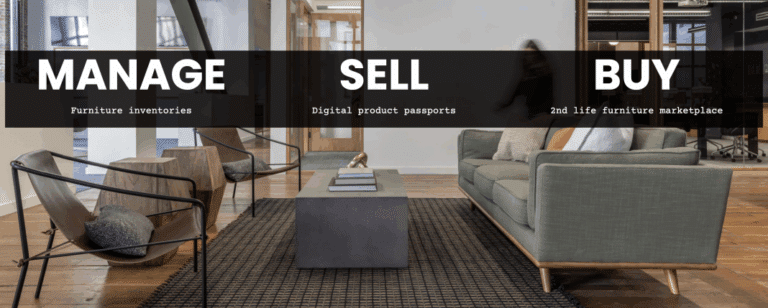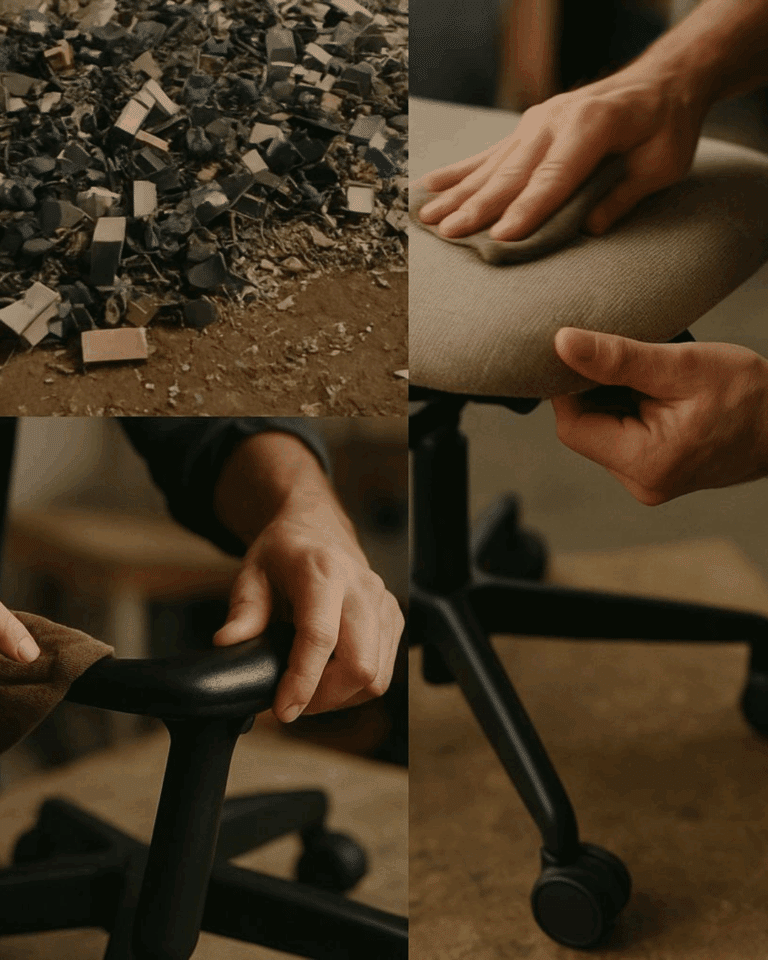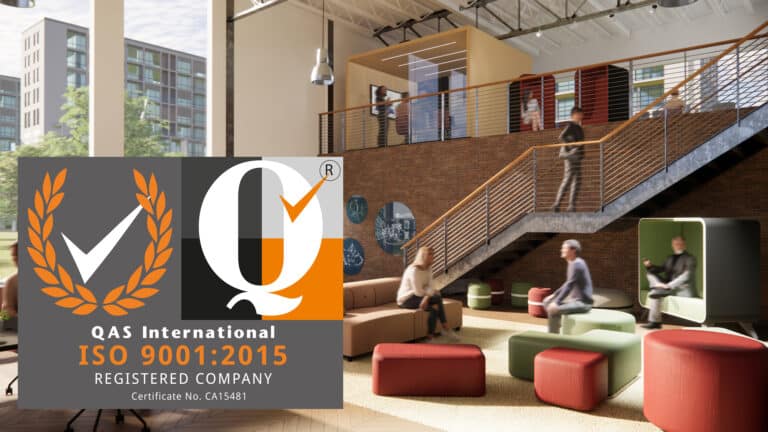The global pandemic has caused another shift towards the democratisation of the workplace. The global pandemic has caused another shift towards the democratisation of the workplace. The original workplace was born with merchant and clerk offices that were large rooms with individual desks, much like an open office. Decision-making rested solely in the executive suite.
After World War II, leaders focused on efficiency and division of labour. Years later, middle management was introduced to compartmentalise work into manageable tasks. As work became more specialised so did the height of office partitions, creating miniature private offices like cubes with simple, standardised furniture solutions. The advent of the internet in the new millennium gave all employees access to information that flows in all directions and the social structure became more collaborative. Modern open offices were created and company leaders gave up their private offices to sit with everyone else.
The open-plan office we know today was born. It fosters collaboration and teamwork, although there are downsides when it comes to noise levels and concentration. Hence the demand for soundproof phone booths and meeting pods from companies such as Framery. Now we see another dramatic shift in what the workplace looks like. Lockdowns forced as much work as possible to be carried out online, with a meteoric rise in the number of web-based meetings. Companies and employees had to adapt. We now know that being present in the office daily will no longer represent your dedication to the company. Working flexible hours and in different locations other than the office was a privilege once reserved for a few, but now accessed by many.
Companies will have to revisit their values and work ethic, which should then translate into a culture which prioritises better mental and physical wellbeing. It’s a collective vision that can be shared by everyone.






